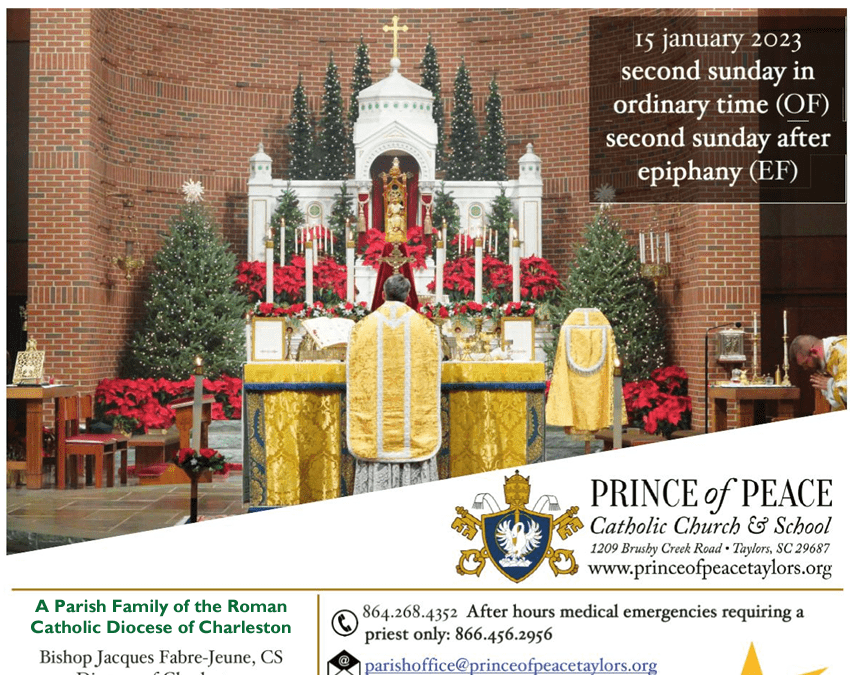
15 January 2023 Bulletin
Click to read this week’s bulletin: 15 January 2023 Bulletin

Click to read this week’s bulletin: 15 January 2023 Bulletin
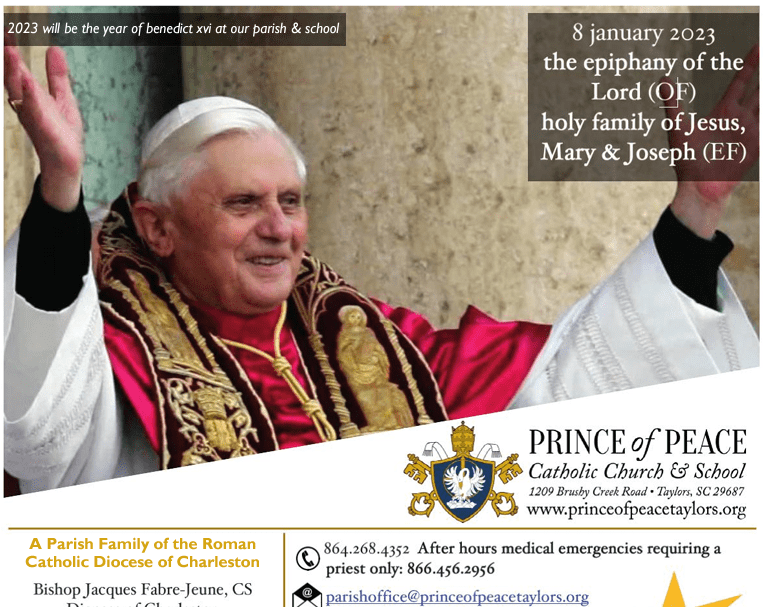
Click to read this week’s bulletin: 8 January 2023 Bulletin
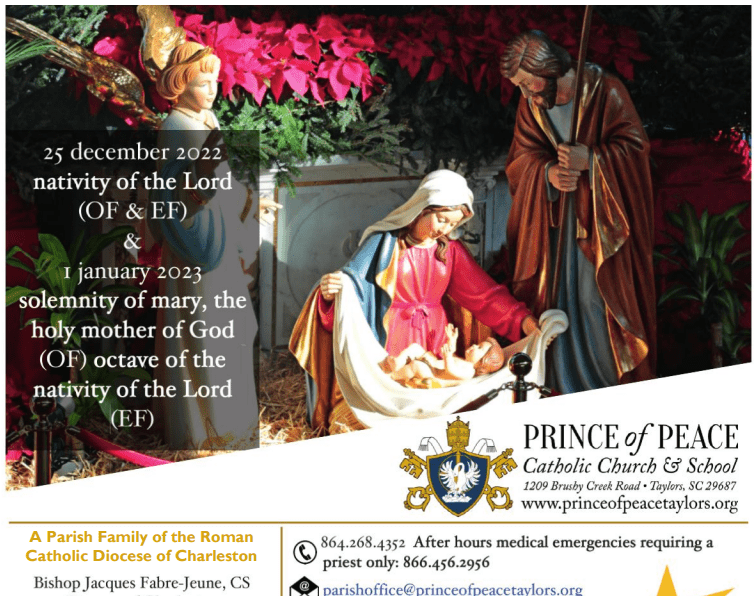
Click to read this weekend’s bulletin, which combines Christmas and New Year’s together: 25 December 2022 & 1 January 2023 Bulletin
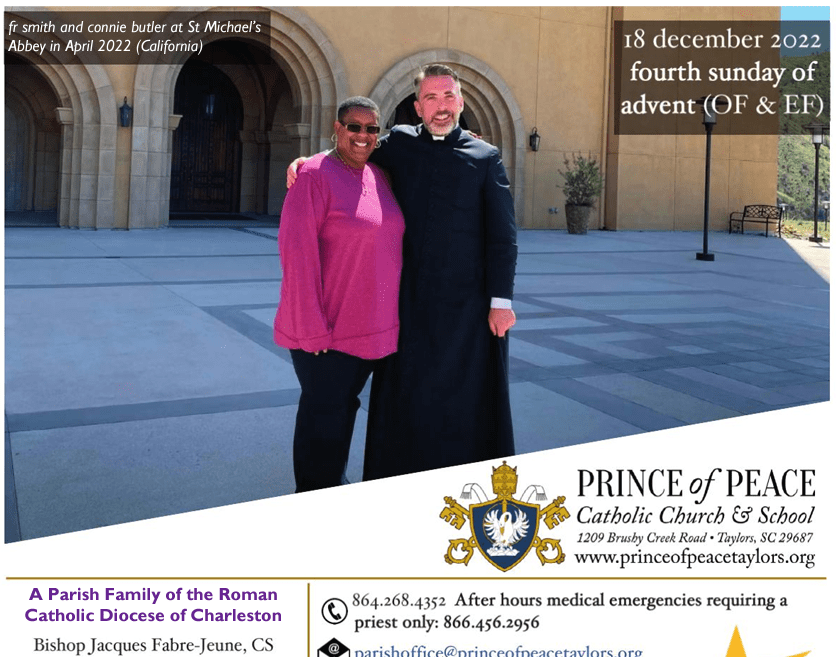
Click to read this weekend’s bulletin: 18 December 2022 Bulletin
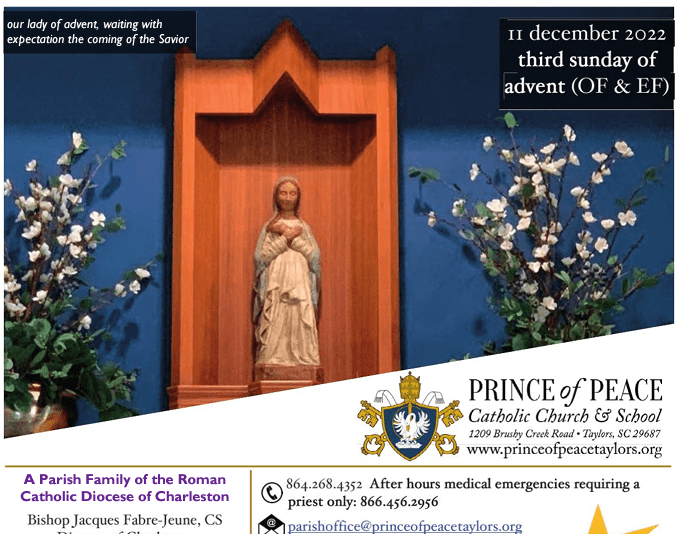
Click to read this week’s bulletin: 11 December 2022 Bulletin
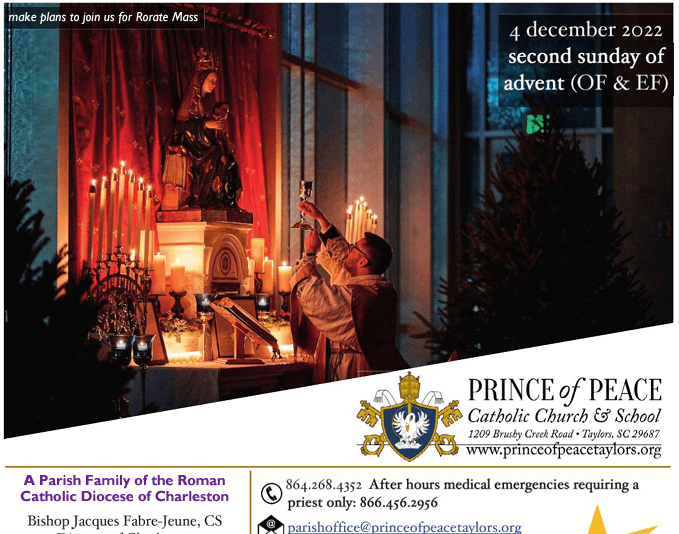
Click to read this week’s bulletin: 4 December 2022 Bulletin
Recent Comments